SUMMARY
This is AI generated summarization, which may have errors. For context, always refer to the full article.
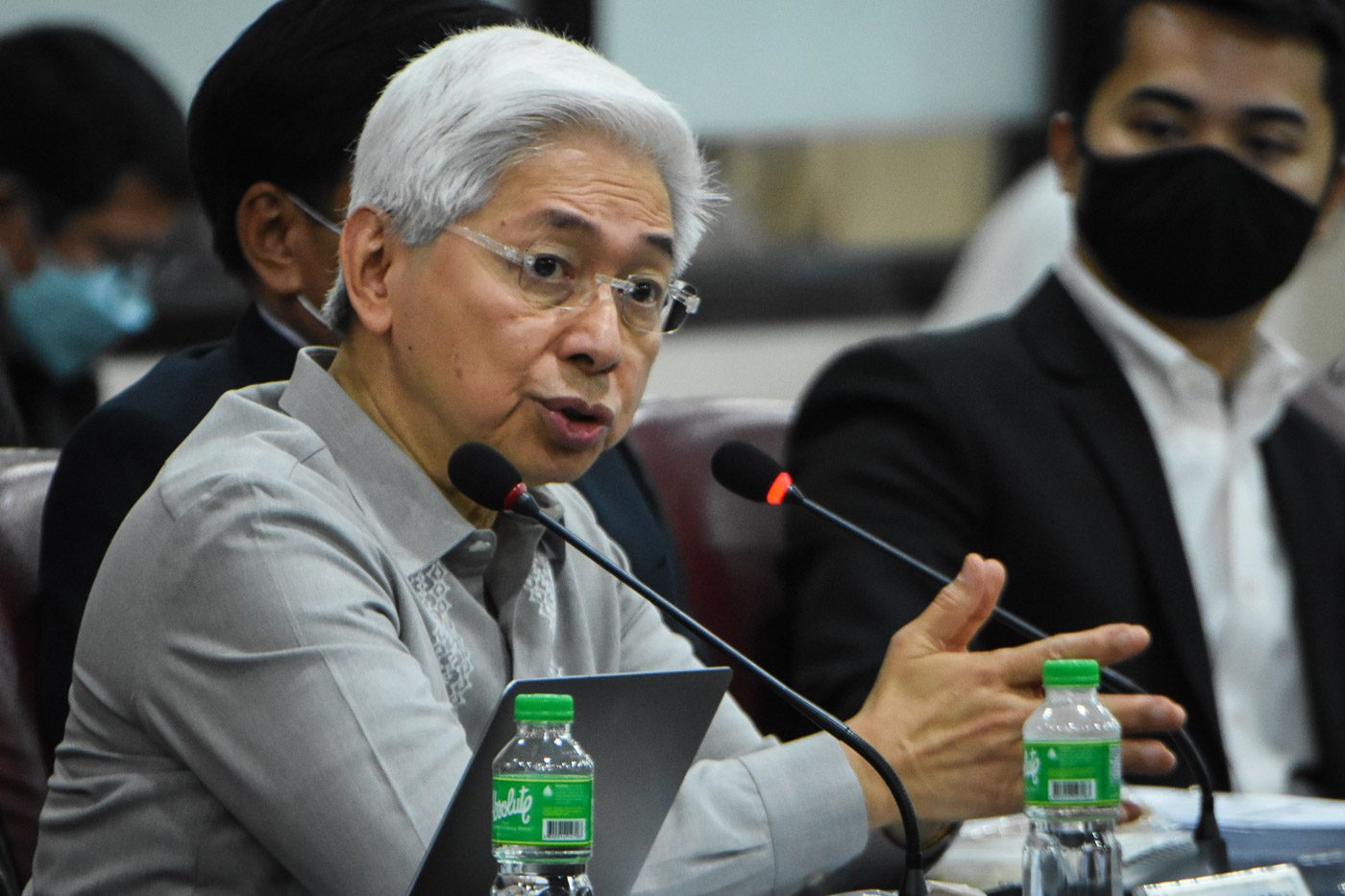
MANILA, Philippines – The Philippines told the European Union that it is committing to international conventions on human rights and has revised its tactics in the drug war as it seeks the renewal of a highly coveted trade incentive agreement.
Trade Secretary Alfredo Pascual urged the EU Parliament Committee on International Trade last Tuesday, October 27, to renew the Philippines’ inclusion in the Generalized Scheme of Preferences Plus (GSP+), which grants the country zero tariffs on 6,274 products or 66% of all EU tariff lines.
The GSP+ status is given and retained on the condition that the Philippines complies with a human rights standard or select 27 international conventions on human rights, labor, good governance, and environment.
Former president Rodrigo Duterte earlier strained relations with the EU over his contentious war on drugs. The Parliament’s majority even went as far as suggesting to immediately initiate a procedure which could lead to the temporary withdrawal of GSP+ preferences over Duterte’s alleged human rights violations.
The drug war itself is under investigation in the International Criminal Court for alleged crimes against humanity. The EU, however, never suspended the GSP+ status and only gave Duterte a stern warning.
The Department of Trade and Industry said that under the new Marcos administration, there were “significant developments in the Philippine landscape”, including a change in government leadership, transition to a preventive and rehabilitative anti-illegal drugs campaign, assurance of press freedom, and a vow to combat climate change, all of which “indicate that the country is set on pursuing good governance and building back better.”
Pascual told the EU committee that the Philippines “is an attractive investment destination given its solid macroeconomic fundamentals, enabling policy environment, and young and trainable workforce.”
“With a stable and predictable political regime, our country is well-positioned in the Indo-Pacific to become a regional hub for manufacturing, innovation, training, and education,” Pascual said.
Since the Philippines’ was granted the GSP+ in 2014, the country has benefited from increased market access to the EU. Philippine exports to the EU climbed from €5.3 billion in 2014 (under the standard GSP) to €7.77 billion in 2021. In 2021, the Philippines recorded its highest utilization rate at 76% of total eligible exports, including tuna, processed fruits, and spectacle lenses.
“Given the foregoing and the values and principles we share, the Philippines remains interested and therefore ready to work toward the resumption of negotiations of the Philippine-EU Free Trade Agreement (FTA). A 2020 study shows that 83% of German companies want to resume the FTA negotiations, citing huge potential for EU companies, with the FTA positively affecting competitiveness,” Pascual added. – Rappler.com
Add a comment
How does this make you feel?
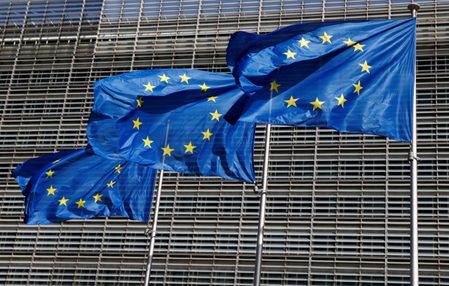
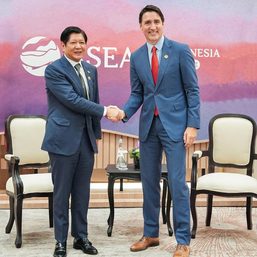

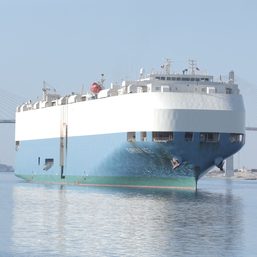
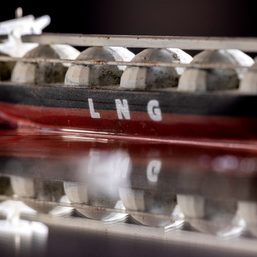

There are no comments yet. Add your comment to start the conversation.